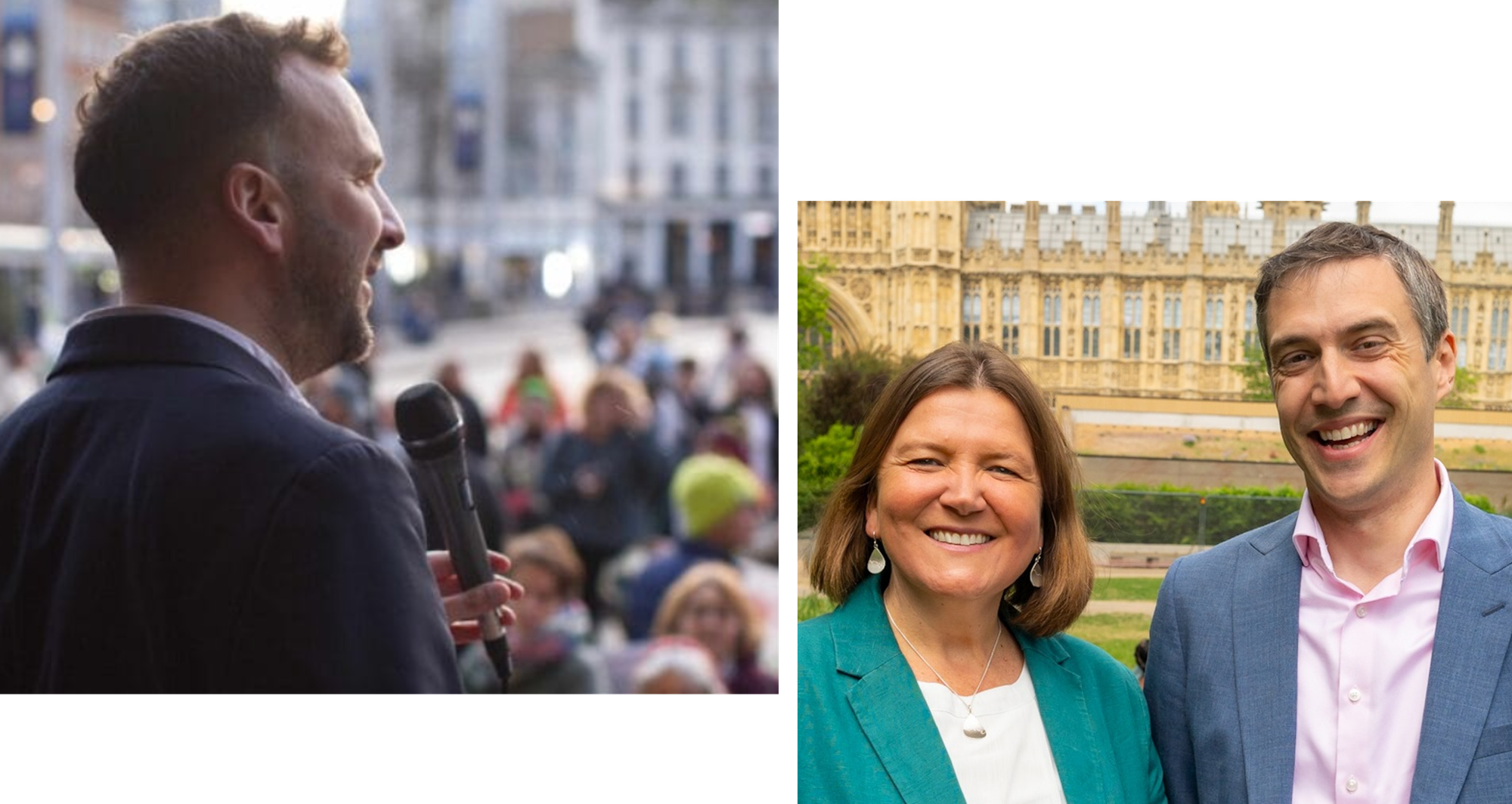
A short reflection on Green Party Leadership candidates' approaches, in the context of ecological and societal breakdown
Green House core group member, Carrie Bowes, offers a reflection on the contenders for leadership of the Green Party of England and Wales.
It was 2019 and we were in the middle of the political fallout over the EU referendum. Tensions were heightened between warring sides and Jem Bendell was warning us of potential societal collapse within his lifetime (and maybe in as early as ten years) due to accelerated feedbacks caused by climate breakdown. It was a background that cemented my belief that, whatever happens, we need to try and promote depolarisation if we are to have any hope of facing the challenges ahead.
Unfortunately the cultural warring has not abated, with some suggesting that we are already in the midst of societal collapse and what we are seeing nationally and globally are just symptoms of that (see also Dr Nafeez Ahmed). But what do we do about all of this? And how does a political party respond to the wishes and needs of the population in ways that will both address the underlying causes, counter false narratives, and produce electoral success.
Candidates for the current leadership contest have different answers, with Ramsay and Chowns seeking to broaden support beyond the party base, heal division, and reduce polarisation and Polanski seeking to extend and firm up the base, ignite the passions of activists, pick fights where it is felt they are needed, with the Green Party taking advantage of the current public malaise.
This difference in electoral strategy is not explicitly discussed within the responses to questions posed by Green House Think Tank, but there are a few hints towards the wider debate. Ramsay and Chowns are keen to emphasise their campaigning experience here to balance the narrative that their reach is restricted to parliament (created as a result of their own narrative that leaders need to be MPs) but, overall, they lean towards concrete responses, highlighting their experience on various bodies to back up their points. In contrast, Polanski puts more emphasis on creating stories, using his skills within his answers. Arguably, both approaches are very much needed. However, story creation is more difficult to pin down with the impact also dependent on the content.
In answer to question 2, Ramsay and Chowns prefer again to stick to a practical approach, stressing that cultural change is best achieved by making it easier for people to make the right decisions through investment and legislating against barriers. In contrast, Polanski rejects the premise of the question, and accompanying rationale, that a dilemma exists at all, and suggests that change can be achieved by telling an inspiring story about the benefits of Green policies. While inspiring stories are welcome alongside calling for practical changes, neither fully addresses the dilemma posed. Research suggests that living within planetary boundaries is going to require big shifts in the material living standards currently enjoyed in Western countries.
In contrast, the candidates are more radical when it comes to the economic system, although they differ in focus, with Polanski seeming to lean towards monetary reform and Ramsay and Chowns challenging the obsession with economic growth. Whether this reflects a different economic outlook is unclear. Monetary reform is advocated by Green House Think Tank to aid investment and fair distribution, but this is in the context of a limitation in resources. Is this a context both sets of candidates recognise?
Finally, I have picked out two quotes that emphasise a key difference in leadership approach (as well as a poetic turn of phrase from the story telling candidate).
“We believe that our tolerance of opposing views is something that should be cherished and that there is strength in diversity of thought” - Ellie Chowns and Adrian Ramsay
“We should be a broad church and recognise that even churches have walls” - Zack Polanski
As beautifully expressed as the latter is, it should be borne in mind that research conducted by More in Common describes "Progressive Activists" as outliers in regard to some values, which leads to the question of how broad a church focussing on this group might create, especially if this alienates other groups? And, given the described reluctance of “Progressive Activists” to accept other points of view, where will the walls be and who will decide what they are?
In the context of the climate and ecological emergency, and required public buy in to the transformational change needed, I wonder, do we not need more bridges than walls?
For a different reflection on the leadership candidates and campaigns, see Nadine Storey's take here:






